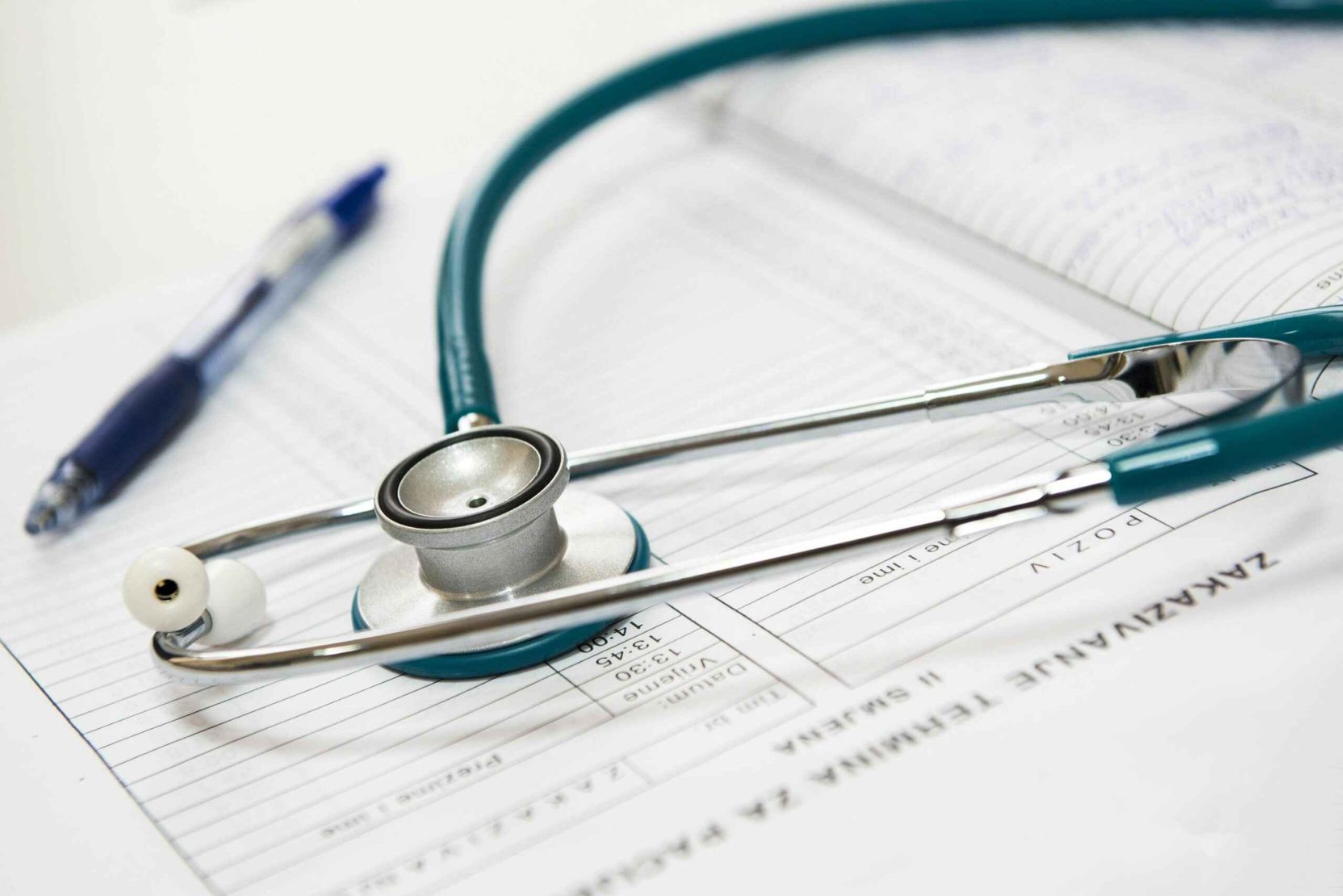In today’s fast-paced world, it’s easy to overlook our health amidst our daily responsibilities. However, regular check-ups play a crucial role in maintaining overall well-being and preventing the onset of chronic diseases. Understanding the importance of preventive care and incorporating it into your lifestyle can have a profound impact on your health outcomes. In this article, we’ll explore the significance of regular health screenings, their benefits, and how they contribute to a healthier, longer life.
What Are Regular Health Check-Ups?
Regular health check-ups, also known as annual exams, are routine visits to a healthcare provider aimed at assessing your overall health status. These visits typically include a variety of tests and screenings that help detect potential health issues before they become severe. The focus of these check-ups is to provide a comprehensive health evaluation, which enables personalized risk assessments based on age, gender, and family medical history.

Benefits of Regular Health Check-Ups
1. Early Detection of Health Issues
One of the most significant benefits of regular check-ups is the early detection of health problems. Many diseases, including cancer, heart disease, and diabetes, may not show symptoms in their early stages. By undergoing annual health screenings for early detection, these conditions can be identified early, often before any symptoms manifest. Early diagnosis typically leads to more effective treatment and a higher chance of recovery.
2. Prevention of Chronic Diseases
Regular check-ups play a pivotal role in preventing the development of chronic diseases. According to studies, nearly 60% of adults suffer from at least one chronic condition, many of which are preventable through early intervention. How regular check-ups can prevent chronic diseases is by allowing healthcare providers to monitor risk factors such as high blood pressure, cholesterol levels, and blood sugar. Through preventive care, individuals can make informed lifestyle choices, such as adopting a healthier diet, engaging in regular exercise, and avoiding smoking, which significantly reduces their risk of chronic diseases.
3. Reduced Healthcare Costs
Preventive care isn’t just about staying healthy; it’s also about being financially smart. The role of regular check-ups in reducing healthcare costs cannot be overstated. Detecting diseases early through routine screenings means treatment is likely to be less complex and less expensive. By avoiding advanced medical interventions, surgeries, and prolonged hospital stays, individuals save significantly on healthcare costs over time. Regular check-ups, therefore, are an investment in both your health and your wallet.
4. Personalized Risk Assessment and Health Maintenance
Health screenings are tailored to your specific needs. A comprehensive health evaluation for personalized risk assessment considers factors like age, gender, family history, lifestyle, and pre-existing conditions to determine which tests and screenings are necessary for you. This personalized approach ensures that you receive the most relevant care, helping you stay on top of your health.
5. Improved Long-Term Health Outcomes
Regular health check-ups have a significant impact on long-term health outcomes. Studies have shown that individuals who adhere to routine health screenings experience fewer health complications and enjoy longer, healthier lives. The impact of routine screenings on long-term health outcomes is evident in reduced rates of mortality and morbidity associated with preventable diseases. By catching potential health issues early, individuals can take proactive measures to manage their health better.
Recommended Health Screenings by Age and Gender
The types and frequency of health screenings you need depend on various factors, including age, gender, family history, and risk factors. Here is a general guideline for recommended health screenings by age and gender:
For Adults Aged 20-39
- Blood Pressure Check: Every 2 years.
- Cholesterol Test: Every 4-6 years.
- Diabetes Screening: Every 3 years if overweight or have a family history.
- Pap Smear and HPV Test (Women): Every 3 years.
- Skin Check for Cancer: Annually.
For Adults Aged 40-59
- Blood Pressure Check: Annually.
- Cholesterol Test: Every 4-6 years or more frequently if at risk.
- Diabetes Screening: Every 3 years or more frequently if at risk.
- Mammogram (Women): Every 1-2 years.
- Prostate Exam (Men): Starting at age 50, or earlier if at high risk.
For Adults Aged 60 and Above
- Blood Pressure Check: Annually.
- Cholesterol Test: Annually.
- Diabetes Screening: Annually.
- Bone Density Test: Starting at age 65 for women, 70 for men.
- Colonoscopy: Every 10 years or as recommended by your doctor.
It’s important to consult with your healthcare provider to determine which screenings are appropriate for you based on your unique health profile.
How Often Should You Get a Full Body Health Check-Up?
A common question is, “How often should you get a full body health check-up?” The answer varies depending on individual health needs. Generally, adults should aim for an annual check-up. However, those with underlying health conditions or higher risk factors might require more frequent visits. Regular check-ups allow for continuous tracking of health metrics such as weight, blood pressure, cholesterol levels, and other vital signs, which provide valuable insights into your overall health status.
Importance of Tracking Health Metrics Through Regular Check-Ups
Tracking health metrics through regular check-ups is vital for maintaining optimal health. Monitoring your blood pressure, cholesterol, weight, and blood sugar levels allows you to understand your body’s trends over time. By identifying any deviations from normal ranges early, you can address potential issues before they develop into more significant health problems.
Benefits of Early Intervention Through Preventive Health Screenings
The importance of early intervention through preventive health screenings cannot be overstated. Conditions like hypertension, diabetes, and certain cancers can be managed effectively when caught early. For example, high blood pressure detected during a routine check-up can often be managed through lifestyle changes and medication, preventing complications such as heart disease or stroke.
Conclusion
Regular check-ups are a cornerstone of preventive health. They offer numerous benefits, including early detection of diseases, prevention of chronic conditions, cost savings, personalized care, and improved long-term health outcomes. By understanding the importance of these routine visits, you take an active role in your health and well-being.
Investing in your health through regular medical check-ups is one of the most valuable steps you can take for yourself. Remember, it’s not just about treating illnesses—it’s about maintaining your health and preventing problems before they start.
Sources of Reference
- American Heart Association. (2023). “Why Health Screenings Are Important.” American Heart Association.
- World Health Organization. (2022). “Preventive Health Measures for Adults.” World Health Organization.
- Mayo Clinic. (2023). “Recommended Health Screenings for Adults.” Mayo Clinic.
- Centers for Disease Control and Prevention (CDC). (2022). “Health Screenings and Preventive Services.” CDC.









